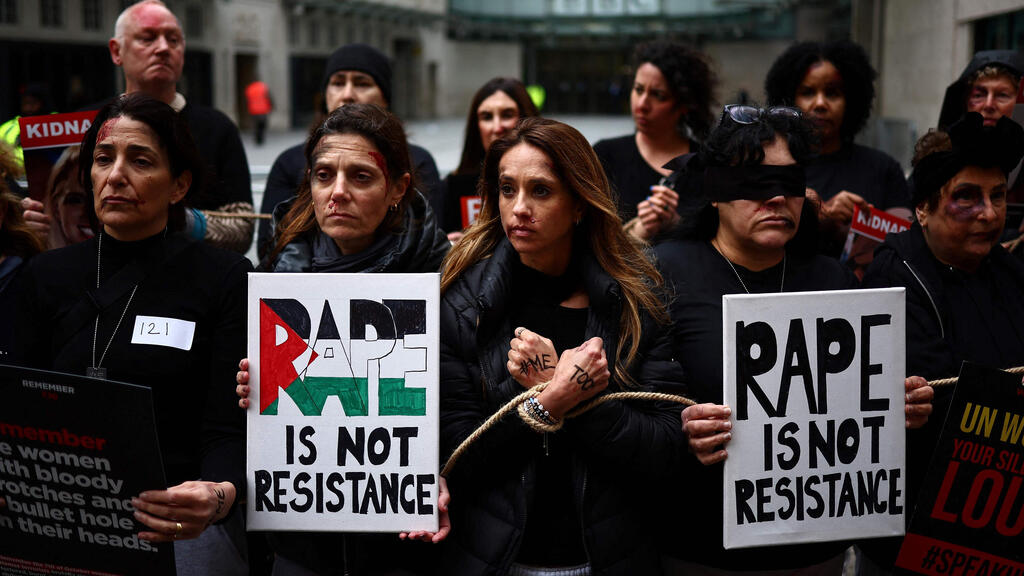Getting your Trinity Audio player ready...
A Hamas terrorist admits he committed rape
(Video: IDF Spokesperson's Unit)
Despite a damning report that included evidence and testimony from the UN Secretary-General's representative on sexual violence during conflicts regarding Hamas crimes, UN Secretary-General António Guterres decided not to include Hamas on the UN's blacklist of suspects involved in conflict-related sexual violence list.
In the report, Guterres refrained from attributing responsibility to Hamas, despite the representative Pramila Patten's explicit acknowledgment of the clear link between Hamas' October 7 terrorist attack and systematic, targeted sexual violence.
Unlike Patten's report, which expressed genuine concern for continued sexual violence against Israeli hostages and demanded their immediate release, Guterres avoided explicit condemnation.
The blacklist includes several terrorist organizations operating in various countries, including the Central African Republic, the Democratic Republic of the Congo, Iraq (ISIS), Mali, Somalia, Syria, Sudan, South Sudan, Myanmar, Syria, Haiti, and Nigeria. The report states that the list "does not aspire to be exhaustive and includes organizations with credible information against them."
In response, the Israeli Foreign Ministry expressed deep concern about the publication of the report by UN Secretary-General Guterres on sexual violence during conflicts. They criticized the UN for failing to condemn Hamas publicly and add it to the list of terrorist organizations responsible for crimes, refusing to acknowledge Hamas as a terrorist organization despite its atrocities committed on October 7 and thereafter.
The report is a tragic testament to the UN's failure under Guterres' leadership since October 7 and serves as a green light for terrorism and violence.
In discussions between Israeli representatives and UN officials regarding Hamas' non-inclusion on the blacklist, UN sources stated that it was too early to make such a decision.
According to them, including a specific organization on the list is a gradual process, starting with a trend analysis, followed by a specific case, and then, as necessary, inclusion on the list. Additionally, the sources explained that since this is not a comprehensive investigation and it is impossible to attribute the offense to a specific operation, it cannot be determined whether the acts were planned by Hamas as part of the attack, carried out by invaders afterward, or committed randomly.







